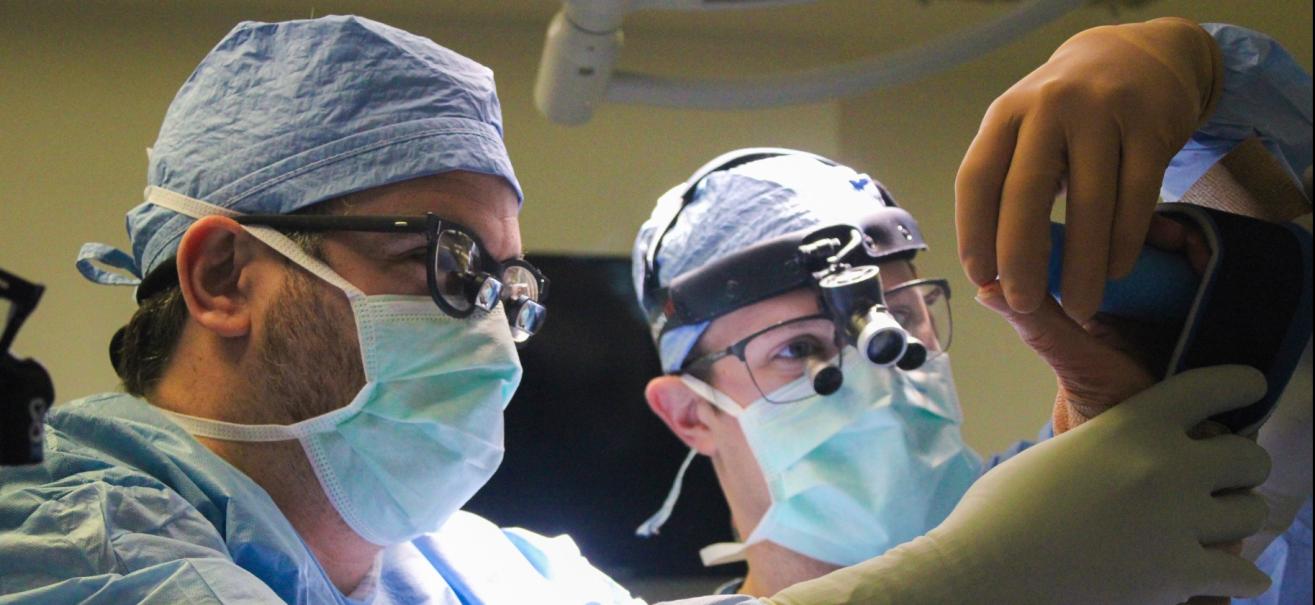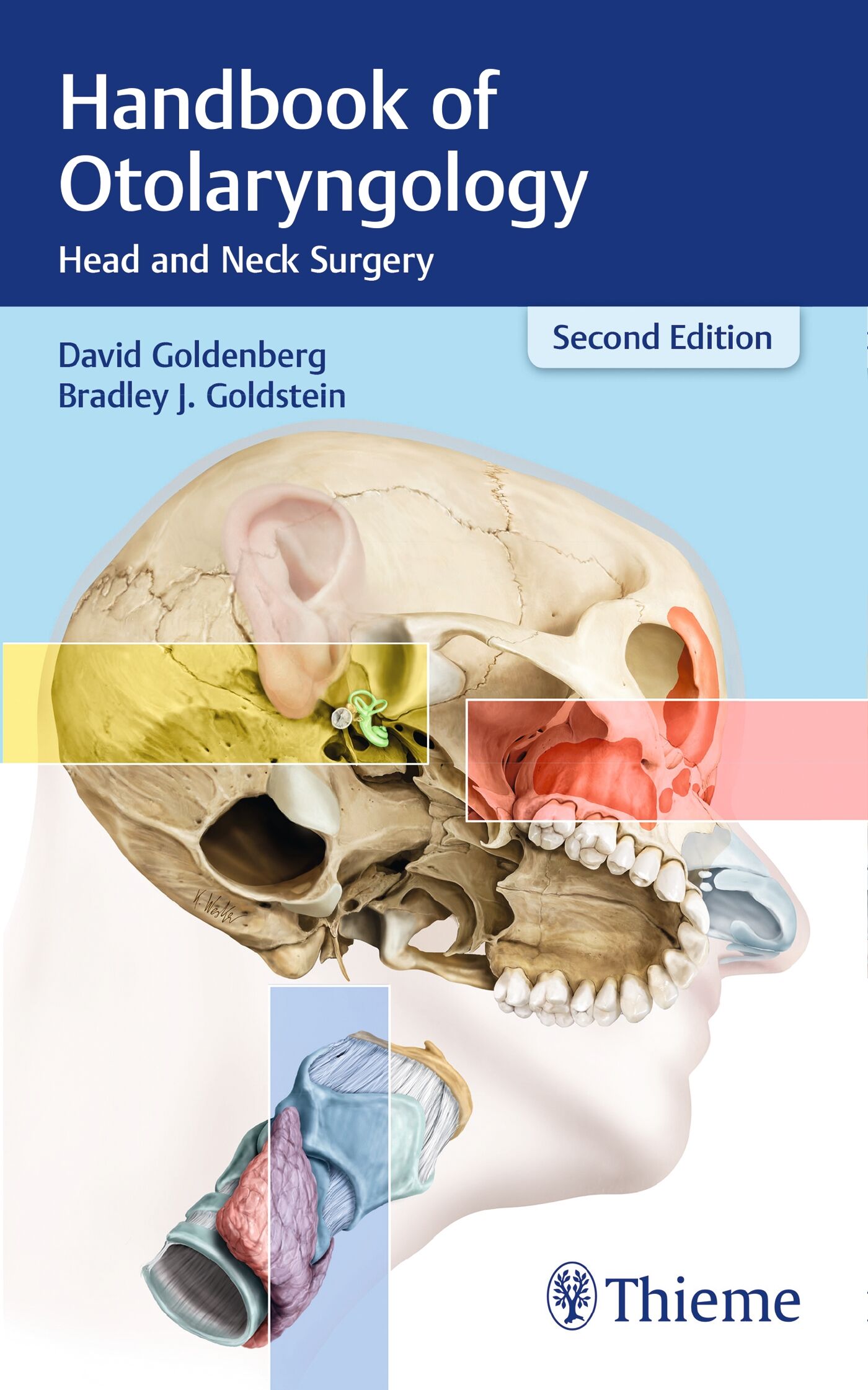What to Expect at Your Otolaryngologist Visit in Diagnosing Complex Head and Neck Conditions
Checking out the Field of Otolaryngology: What to Expect When You Speak With an ENT
Otolaryngology, typically described as ENT, encompasses the medical diagnosis and treatment of ear, throat, and nose disorders. For those experiencing relevant concerns, speaking with an ENT expert can give quality and relief. Comprehending what to anticipate throughout such examinations is crucial for reliable communication and treatment. This review will detail key aspects of the ENT experience, including usual factors for brows through and the procedures included in medical diagnosis and therapy.

Comprehending Otolaryngology: A Summary
Otolaryngology, frequently described as ENT (Nose, ear, and throat) medicine, is a customized branch of medication that concentrates on the medical diagnosis and therapy of conditions impacting these critical areas of the body. This area includes a vast array of problems, including those related to hearing, balance, respiratory feature, and speech. Otolaryngologists are trained to take care of both medical and medical treatments, utilizing advanced strategies and technologies. Their expertise expands beyond standard conditions, dealing with problems such as allergies, sinus infections, and hearing loss. In addition, they play a vital duty in the management of head and neck cancers cells, giving complete care tailored to individual person demands. Generally, otolaryngology stays important for preserving health and high quality of life in affected individuals.
Common Reasons to See an ENT Specialist
Numerous people look for the know-how of an ENT professional for a range of reasons, mirroring the diverse nature of problems that affect the ear, nose, and throat. Typical concerns include persistent sinus problems, which commonly results in consistent nasal blockage and face pain. Allergies and their associated signs and symptoms, such as itching and sneezing, also prompt sees to these professionals (ENT surgery). Hearing loss, whether gradual or unexpected, is one more substantial factor for assessment. Furthermore, individuals might look for analysis for throat conditions, consisting of consistent hoarseness or swallowing problems. Sleep apnea, defined by disturbed breathing during rest, is regularly dealt with by ENT specialists also. Each of these problems highlights the value of specialized care in handling complex ENT-related wellness concerns
Getting ready for Your ENT Appointment
When preparing for an ENT consultation, it is necessary to collect appropriate details and think about any kind of certain problems. Patients should assemble an in-depth clinical history, consisting of previous ear, nose, or throat concerns, surgical treatments, and existing medications. Recording signs-- such as seriousness, duration, and frequency-- can offer important insights for the ENT expert. In addition, individuals need to prepare a listing of concerns they desire to ask, ensuring that all issues are addressed during the check out. Bringing along any kind of relevant clinical documents or test results can additionally help the ENT in recognizing the person's problem. Lastly, patients ought to confirm their appointment information, including time, day, and area, to lessen any type of last-minute confusion. Proper prep work can improve the effectiveness of the assessment and cause better outcomes.
What to Anticipate Throughout the Consultation
As the consultation starts, the individual can expect to involve in a thorough conversation with the ENT specialist about their signs and case history. The expert will ask regarding the duration, frequency, and extent of signs and symptoms such as hearing loss, nasal congestion, or sore throat. In addition, the client's previous clinical conditions, medications, and any pertinent family members history will certainly be assessed, assisting the expert in forming a complete understanding of the individual's health. The ENT review may also ask about way of living variables, such as direct exposure to irritants or irritants. This open discussion establishes a structure for the consultation, guaranteeing that the individual's worries are addressed and setting the phase for any kind of necessary analyses or suggestions for treatment.
Analysis Tests and Procedures in Otolaryngology
A variety of analysis tests and procedures are vital in otolaryngology to accurately evaluate and identify conditions influencing the throat, ear, and nose. Typical tests include audiometry, which measures hearing feature, and tympanometry, examining middle ear pressure. Nasal endoscopy allows visualization of the nasal flows and sinuses, while laryngoscopy takes a look at the throat and vocal cords. Imaging strategies, such as CT scans and MRIs, offer thorough sights of head and neck frameworks. Allergic reaction screening might additionally be performed to recognize triggers for sinus or respiratory system visit homepage problems. These analysis tools make it possible for ENT experts to establish a complete understanding of patients' conditions, making certain tailored and efficient management strategies. Correct medical diagnosis is essential for effective therapy outcomes in otolaryngology.
Treatment Choices Used by ENT Specialists
ENT professionals use a variety of treatment choices customized to address specific problems impacting the ear, nose, and throat. These therapies range from conventional techniques, such as medicine and lifestyle modifications, to more invasive treatments. As an example, allergies may be managed with antihistamines or immunotherapy, while persistent sinus problems could need nasal corticosteroids or sinus surgical treatment. For hearing loss, ENT professionals typically advise listening device or surgical interventions like cochlear implants. In situations of throat disorders, alternatives can include speech treatment or procedures to remove blockages. In addition, they may supply guidance for handling sleep apnea, consisting of using CPAP devices or medical interventions. On the whole, the objective is to improve individuals' high quality of life with individualized treatment and reliable treatment approaches.
When to Look For Follow-Up Care With an ENT
When to look for follow-up treatment with an ENT specialist is vital for taking care of continuous signs and symptoms or complications associated to throat, ear, and nose conditions, recognizing. Clients ought to think about setting up a follow-up appointment if signs and symptoms continue in spite of initial therapy, such as chronic ear site discomfort, nasal congestion, or throat pain. Changes in hearing, balance concerns, or uncommon nasal discharge may likewise warrant additional examination. In addition, if a client experiences negative effects from suggested drugs or has undertaken an operation, follow-up care is necessary to keep an eye on recovery and address any type of problems. Prompt assessments can guarantee efficient administration of problems, protect against potential difficulties, and provide assurance regarding one's wellness. Looking for follow-up treatment advertises proactive health administration in otolaryngology.
Often Asked Inquiries

What Credentials Should I Seek in an ENT Expert?
When looking for an ENT specialist, one must search for board accreditation, relevant experience, and strong individual testimonials. In addition, reliable interaction abilities and a compassionate strategy can significantly improve the total therapy experience.
Just how Do I Choose the Right ENT for My Demands?
Selecting the ideal ENT specialist includes evaluating their credentials, experience, and patient evaluations (Otolaryngology). It is vital to consider their communication style and technique to therapy, ensuring they line up with the individual's particular wellness requirements and preferences
Are There Any Type Of Risks Linked With ENT Procedures?
The threats related to ENT procedures might consist of infection, blood loss, anesthetic difficulties, and prospective damages to bordering structures. Individuals need to talk about these threats with their medical professional to understand individual worries and warranty notified decisions.
Just How Can I Handle Anxiety Prior To My ENT Visit?
To manage anxiousness prior to an appointment, individuals can exercise deep breathing workouts, envision positive end results, prepare inquiries in breakthrough, and look for support from friends or family, promoting a sense of peace of mind and peace.
What Should I Do if I Experience Negative Effects From Treatment?
The individual ought to without delay report them to their healthcare provider if side results from therapy occur. Modifications to therapy or additional interventions may be required to assure security and performance in handling their problem - ENT surgery. As the assessment starts, the person can anticipate to involve in a thorough discussion with the ENT specialist regarding their signs and symptoms and clinical background. These analysis devices allow ENT specialists to develop a thorough understanding of patients' conditions, making sure customized and efficient administration strategies. ENT experts use a selection of therapy options tailored to attend to certain conditions affecting the ear, throat, and nose. When looking for an ENT professional, one need to look for board accreditation, relevant experience, and solid person evaluations. Selecting the best ENT professional entails examining their credentials, experience, and patient evaluations